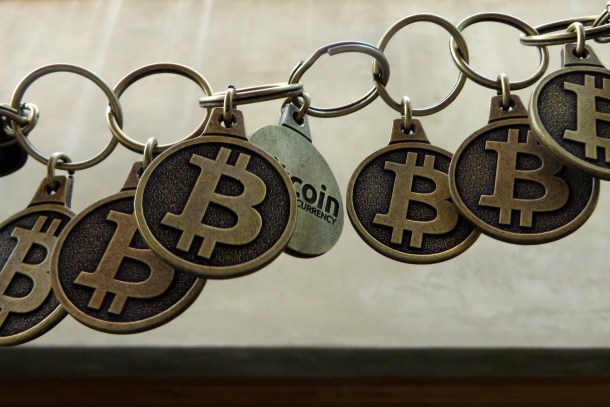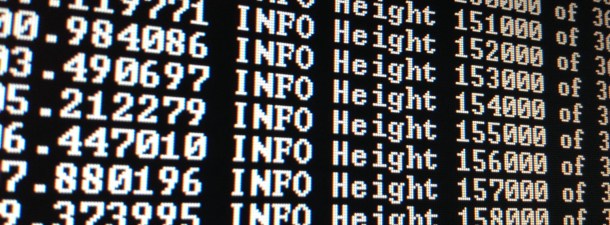How do we stop older people from falling behind in the digital economy? They are the last people to want an online bank account or to use contactless payment. So one way or the other, they are always going to get stuck at the back of the queue and get the worst class of service. Which is unjust, given all the sacrifices and hard work their generation made for us.
When Telefonica’s Shivvy Jervis interviewed Ed Vaizey, Britain’s Minister of State for Business Innovation and Skills, Jervis urged the minister to explain how we can stop older people getting left behind.
We all should try this. But it’s not easy. Still, inspired by Shivvy Jervis’s example, here is my attempt to explain Blockchain to a non-digital native. I must confess, I am not a digital native myself. However, like the older generation we members of the mainframe generation could take computers or leave them. When we were young technology hadn’t completely invaded our consciousness. Which means we’re like a bridge between today’s IT free pensioners and today’s connection-addict Millennials.

How do we translate a complex technical concept into something my grandma would have understood?
An important discipline is to constantly remind yourself that technical terms are meaningless to them. Don’t expect to drag them into our world, we should place technology into their world. Besides, technology should usually be based on some model that already exists.
When attempting to explain what a Blockchain is, we should remember that it’s no use telling granny that the term refers to a distributed database, because those two words are equally baffling to them. Maybe we should say it’s like a collection of address books, all of which are found in different homes. This data diaspora is like the address books all granny’s relatives and friends have. But unlike the address books of an extended family, everybody keeps in contact, almost constantly, and maintains the records perfectly. The automated address book maintainers are like those busybody relatives that spend all day on the phone to each other. But unlike them, none of the information the machines report is incorrect, even though people keep moving and doing things and changing their existence.
That is because the phone books (or we call them databases) will automatically update each other instantly, the split second anyone moves or changes. We describe these machines as ‘online’ to each other, but it’s essentially the same thing as being on the phone. Those machines never stop talking and, unlike some of your relatives, they are great listeners. Being machines, they can do everything much more quickly so. What takes us months they can do in a microsecond.
The Blockchain is a bit like God, granny, because it can see everything, at all times. We call that omnipresence. As a result, the Blockchain can tell you everything that happened at any time, right down to the very milli-second it took place. The Blockchain knows all the events that took place before and afterwards, in perfect sequential over, every time. Blockchain is a bit like that grandchild of yours who can name every car number plate, which model it related to, who made it and the exact date when the car was first launched. Only the machine can do it on a much bigger scale. Blockchain can remember billions, yes billions, of transactions. What are transactions? Sorry, I was using jargon again. Transactions is the name we give to every time when someone buys something from someone else.

The point is, this Blockchain is like an all powerful, all seeing, perfect Ledger Keeper. Not like your friend’s nephew Kevin – you remember, the one who used to work in a bank but left after all that funny business. Kevin still maintains he was innocent, and he may well have been, but because banking records weren’t kept as efficiently as they are now, nobody will ever know. I know, I know, the judge did say he could “leave this court without a stain on your character,” but a cloud of suspicion still hangs over him. There is always room for human errors, of one sort or the other.
That’s why many people are starting to consider Bitcoin granny. What’s Bitcoin? Ah, I’m not sure I can even explain that one myself. Not yet.









